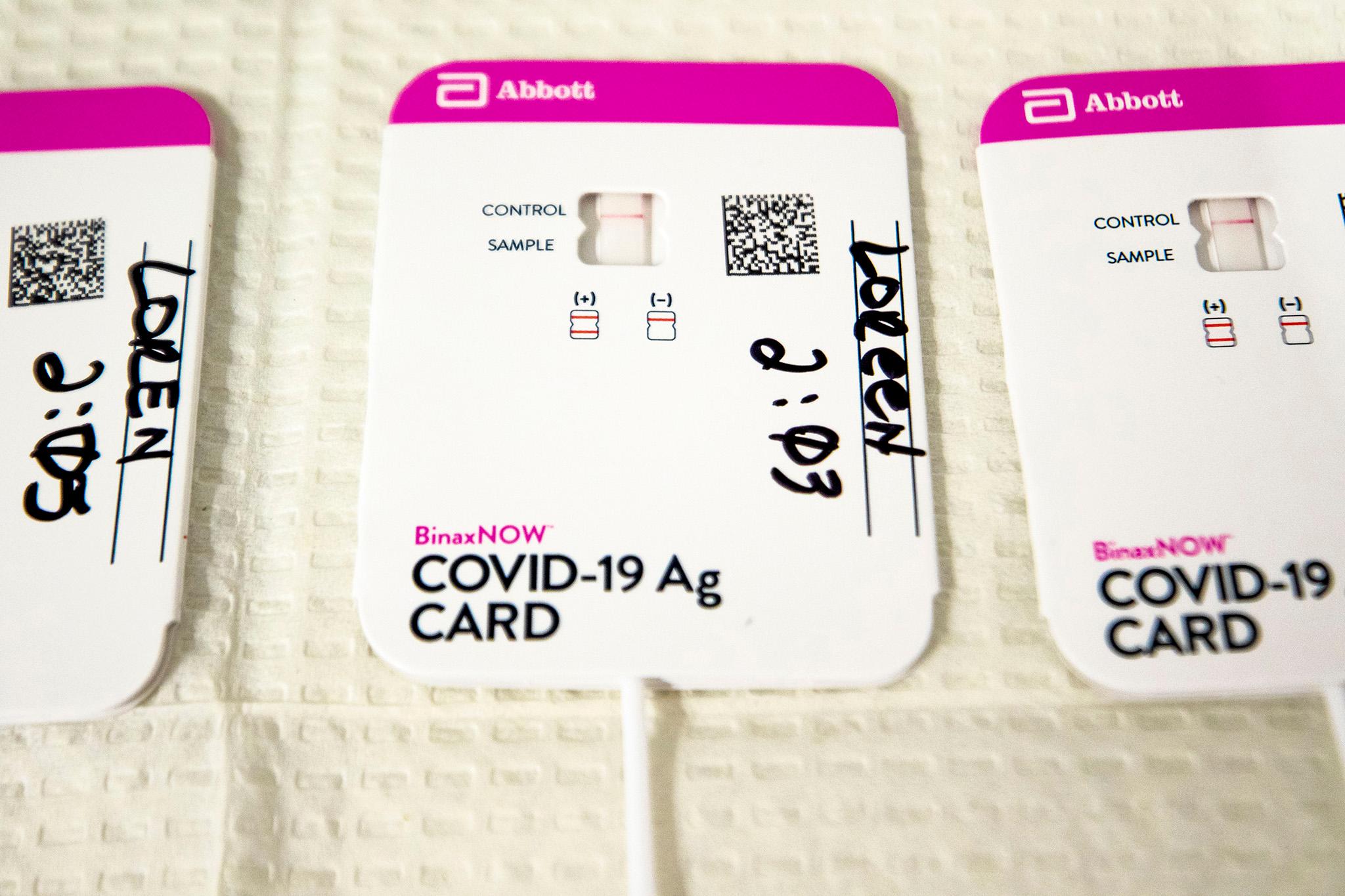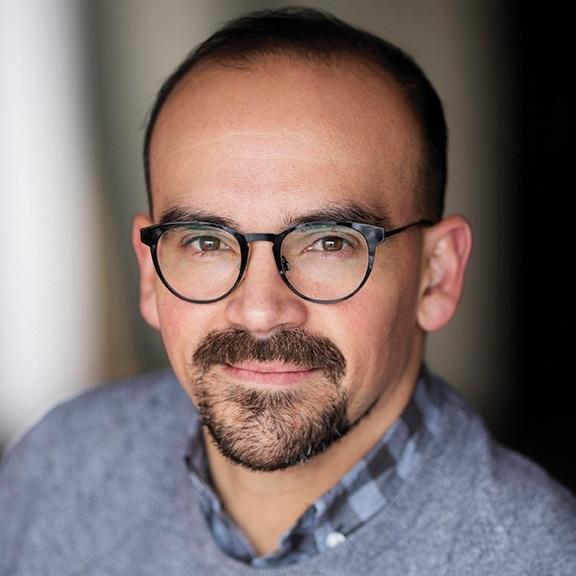
- What we know (and don't) about the COVID-19 variant (via NPR)
- Vaccine FAQ: Your most pressing coronavirus vaccine questions, answered
- Holiday travel: Coronavirus cuts holiday travel through Denver International Airport by half
- Rules for businesses: As Colorado counties line up for looser coronavirus restrictions, others push back
- Testing: Where you can get a COVID-19 test in Colorado right now (via CPDHE)
Colorado health officials say they have confirmed the nation's first case of a COVID-19 variant strain first detected in the United Kingdom.
Public health officials said the infected person is a male in his 20s who lives in Elbert County. They said he has not recently traveled.
This strain of the coronavirus — called the B.1.1.7 variant — is thought to be more contagious than the original COVID virus, but early indications are it is not more serious in terms of symptoms or outcomes. Medical professionals say they believe the vaccines are effective in preventing it.
“The biggest hope, and most of the experts that I have heard, believe that the vaccine will still be efficacious against this variant,” said Dr. Mark Johnson, the interim director of Jefferson County Public Health. “And that's really what we need to be putting all of our marbles right now, is getting that vaccine out.”
A report from the UK’s New and Emerging Respiratory Virus Threats Advisory Group said the rate of transmission was 71 percent higher than other variants with potentially increased viral load.
But there remains much to be learned about the new strain, and its discovery in the U.S., while not unexpected, will nonetheless trigger concern that infections and hospitalizations will rise as a result.
“The health and safety of Coloradans is our top priority and we will closely monitor this case, as well as all COVID-19 indicators, very closely. We are working to prevent spread and contain the virus at all levels,” Gov. Jared Polis said in a statement.
A good testing system and ski season travel make it 'not surprising' Colorado confirmed the first case.
Public health officials were impressed that the strain was detected in the state lab when a sample was sent for routine testing like thousands of others received each day.
“It's a testament to the strength of the capabilities of our state public health lab that they caught it,” said Glen Mays, with the Colorado School of Public Health.
Mays said, while the variant is likely already in many other states, it’s not surprising that Colorado has the first confirmed case.
“We do have a very mobile population,” Mays noted. “Colorado is a place that gets a lot of international traveling, particularly this time of year with our ski industry.”
Officials at the Elbert County Public Health Department and the state health department did not return messages seeking additional information. Polis said he would provide more information at a Wednesday press conference.
Johnson said he would anticipate that behind the scenes, state and local officials are working to quickly pay special attention to this case by identifying and isolating anyone who has been in contact with the Elbert County man.
“When we were overwhelmed with numbers, contact tracing really was almost non-existent,” Johnson said. “But with this new variant, that has had so much talk about it, I think that [the state health department] will be helping a great deal.”
A year after COVID-19 first emerged, a new strain causes new concerns.
In the year since Dec. 31, 2019, when China disclosed the first cases of what was then called a pneumonia of unknown origin, scientists have learned a great deal about how COVID-19 is spread (mostly through respiratory droplets and aerosols), and how it can be suppressed (face masks, limited extended human contact indoors and frequent hand washing).
But the new strain raises concerns among public health experts like former CDC director Tom Frieden that if the world is unable to corral the virus, and soon, it will continue to mutate with unknown consequences.
First detected in Kent, England, on Sept. 20, the B.1.1.7 variant led to widespread lockdowns in London and throughout the southeast of England by Dec. 19.
Europe acted quickly and shut down travel from the UK, but there are no such travel bans in the US. There don’t, however, appear to be any direct flights from London to Denver right now.
The Elbert County man who tested positive for this variant had no travel history, according to the state health department, indicating that there is at least one other person who has been in Colorado who now has it, and very likely more.
“I would not be surprised that there are hundreds of people that have the variant in Colorado,” Johnson said.
Colorado continues to have its hands full with the original strain of COVID-19.
After weeks of dropping case counts and infection rates, the state has now marked two consecutive days of increases in the percentage of tests coming back positive, as averaged over a week.
And after the number of people hospitalized in the state with confirmed cases of COVID-19 had risen to nearly 1,900 on the first day of December, a nearly month-long drop has now stalled out. On Tuesday, 1,086 people were hospitalized with confirmed cases in the state, a drop of just eight from the day before.
The concern for health officials now is that a more contagious strain will increase overall case numbers, which will then drive hospitalizations back up, straining the capacity of both buildings and people.
None of those doctors and nurses are yet fully protected from COVID-19 by the vaccine. Through Tuesday afternoon, 73,867 doses of vaccines made by either Pfizer or Moderna had been injected, mostly into frontline hospital staff. But it will take another dose and a couple of weeks before they can expect immunity from the virus.









